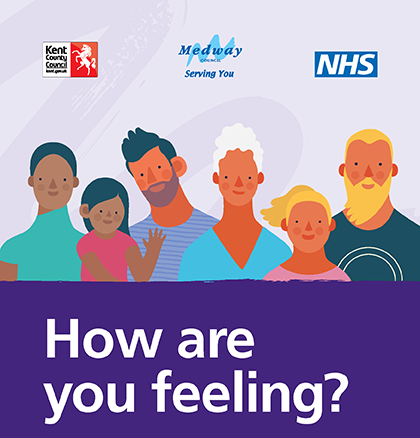Mental Health & Wellbeing
Dane Court strives to put the wellbeing of its community at its core.
By fostering a caring, open-minded and principled learning environment, we seek to create a culture of happiness, safety and inclusivity.
Here at Dane Court, we understand that life brings its difficulties and we want to support our students and carers through any potentially challenging and uncertain times you may face.
Taking care of you and your family’s minds, as well as your bodies, and feeling better on the inside is really important. We have collected a range of advice and links to external sources of support to provide a reference point for getting started in looking after your family’s mental health.
Click the image on the left to read about the range of services in Kent to help you look after the mental health and wellbeing of children, young people and adults.
Here are some suggestions for students to increase positive wellbeing.
Click here if you are a parent or carer looking for advice on supporting a young person’s mental health.

